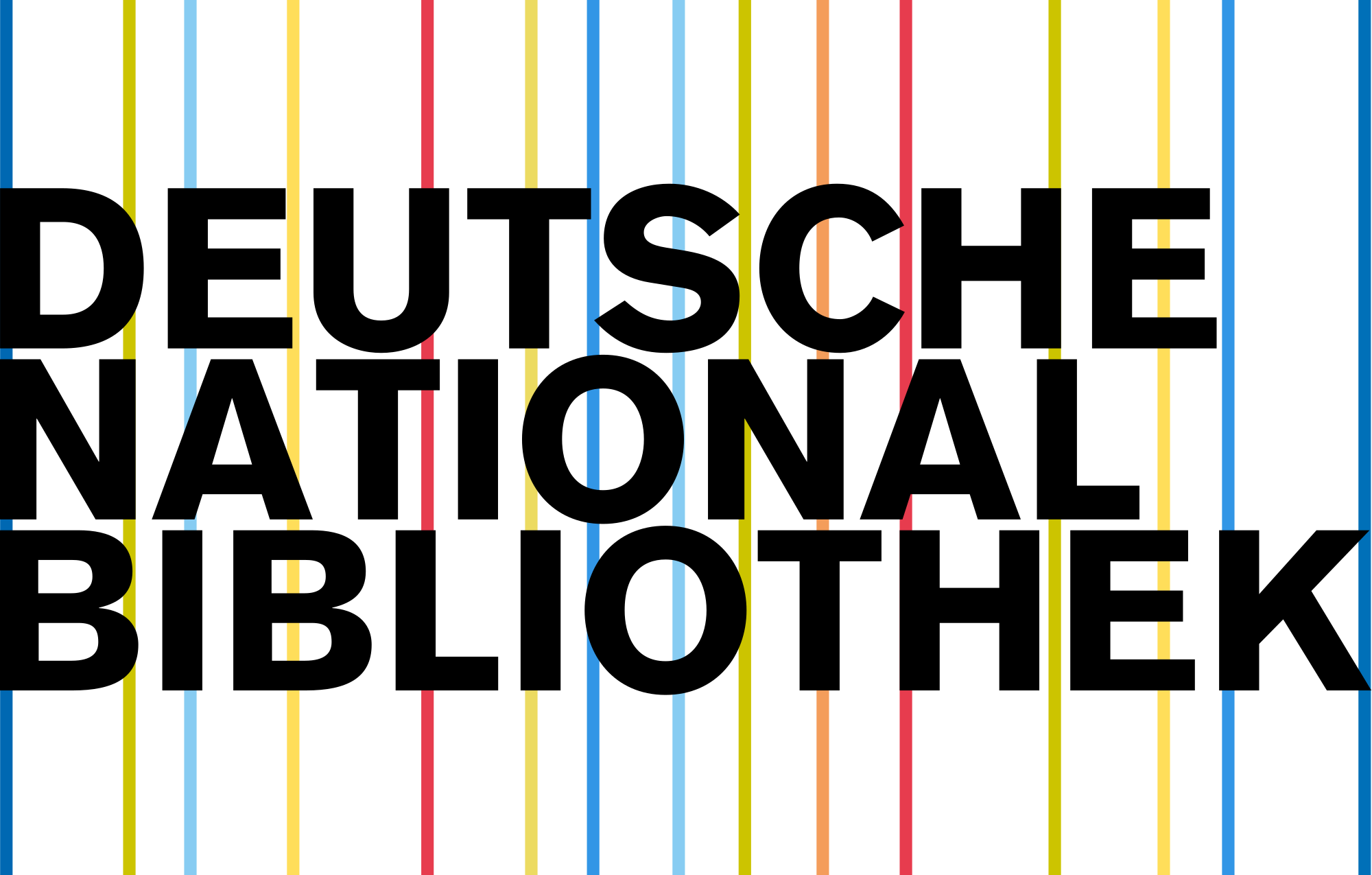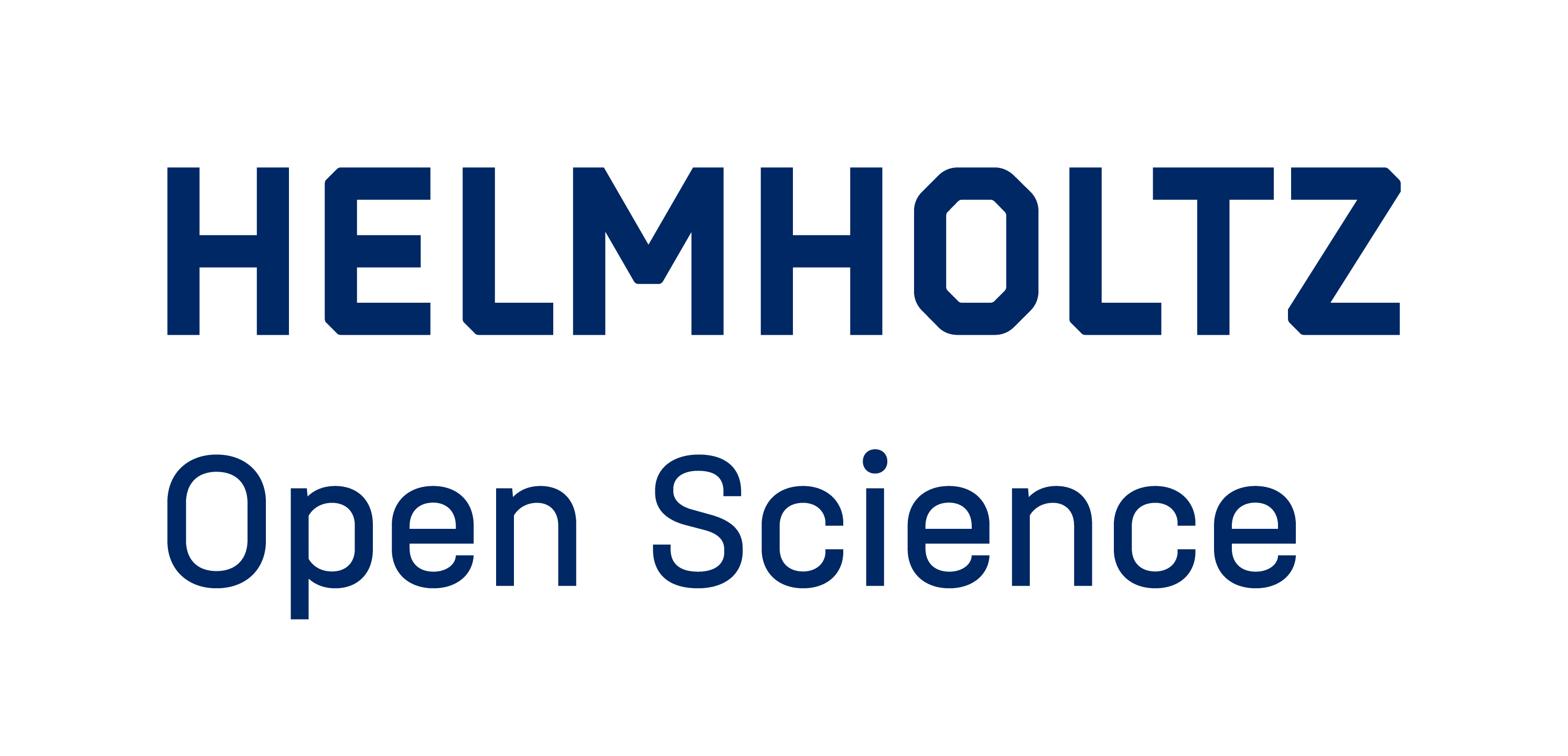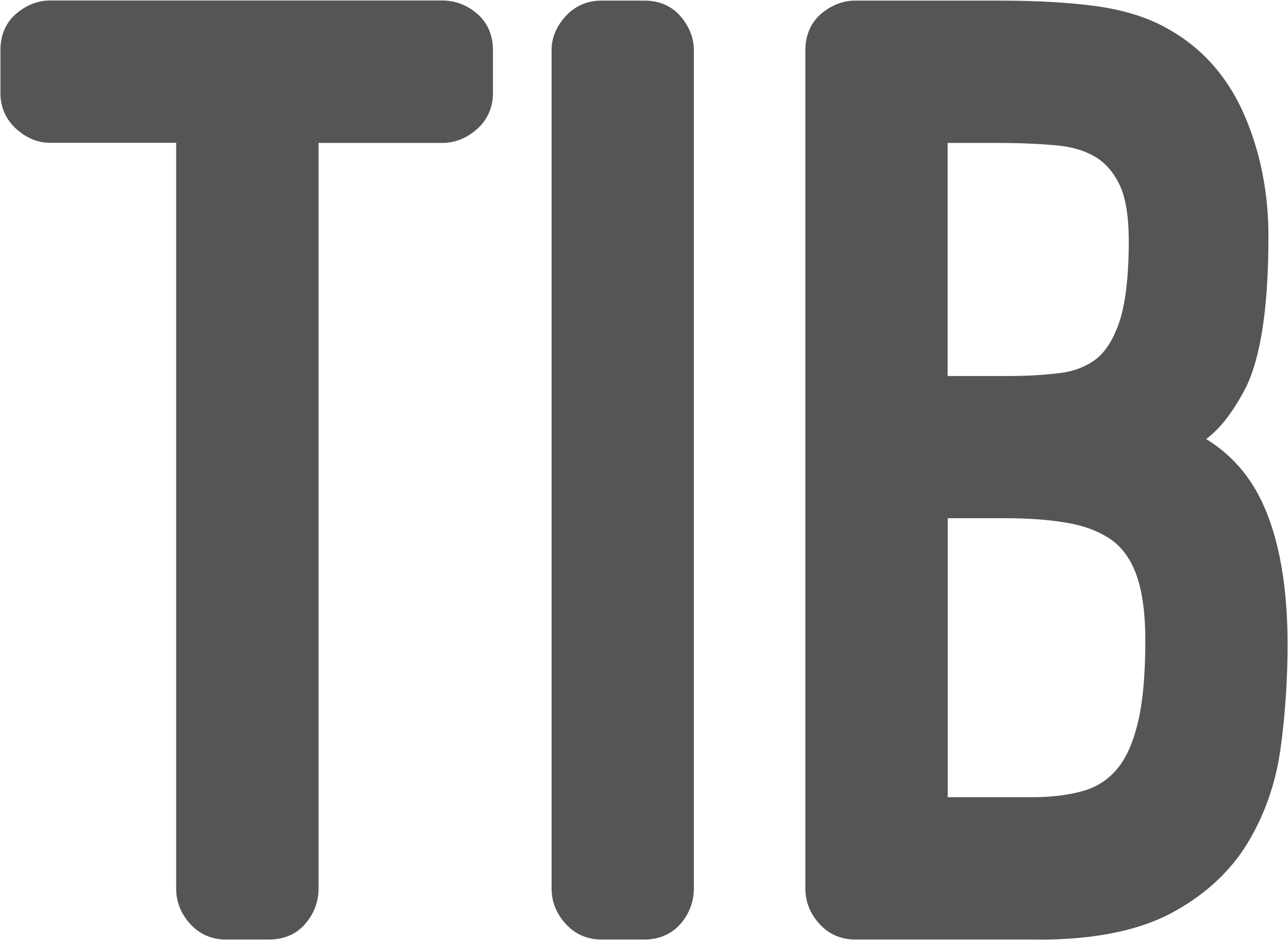Guidelines published
Scientific publications need metadata and persistent identifiers (PIDs) to generate lasting and clear visibility and thus a sustainable impact. As part of the DFG-funded PID Network Germany project, practical guidelines for DataCite DOI metadata providers were developed to give scientific institutions specific recommendations for creating and maintaining high-quality, FAIR-compliant DataCite DOI metadata. Just in time for the DINI Annual Conference 2025 in Wilhelmshaven last week, the guidelines were published on Zenodo and feedback was collected in a workshop. If you have any comments or suggestions for improvement for the guidelines, please feel free to send us an email.
The guidelines support institutions in increasing the completeness of metadata in the DataCite metadata schema. Since PIDs improve unique linking to other resources while enabling machine processing of metadata, these guidelines focus on metadata fields that can be populated with PIDs. These include, for example, the metadata field “nameIdentifier” – which can be filled with an ORCID iD or ROR ID. Overall, the guidelines provide recommendations for nine additional metadata fields that should ideally be filled with PIDs.
Call for Implementation
With the Call for Implementation, two German scientific institutions can apply to implement the guidelines as part of a three-month funded pilot phase. The aim is to test, evaluate, and, if necessary, revise the feasibility and practicability of the guidelines. The selected institutions will be accompanied and supported by the project in the implementation of the guidelines.
Institutions that work with the DataCite metadata schema, whether they are DataCite members or not, are eligible to apply. The aim is to improve DataCite DOI metadata in institutional services – repositories, research information systems, OJS, etc. Applications for the pilot phase can be submitted using the form linked below until October 17, 2025.
All submissions received will be evaluated according to various criteria after the submission deadline. Two pilot institutions will then be selected for the three-month implementation phase. The criteria themselves can be found as questions in the application form.
Participate in the Call for Implementation
P.S.: We would be delighted if the call were also distributed via other networks.
Funded by the German Research Foundation (DFG) – 506475377







